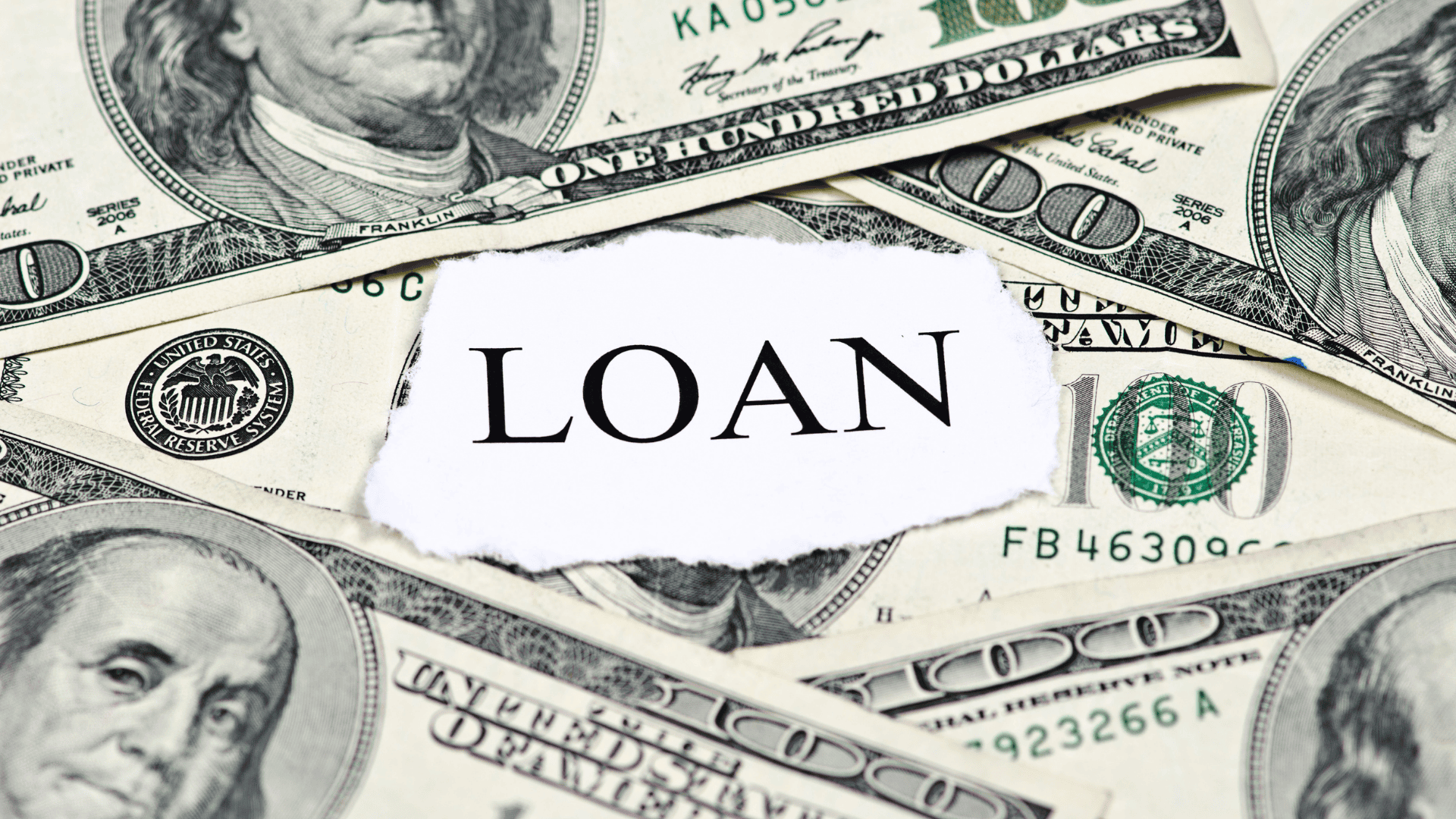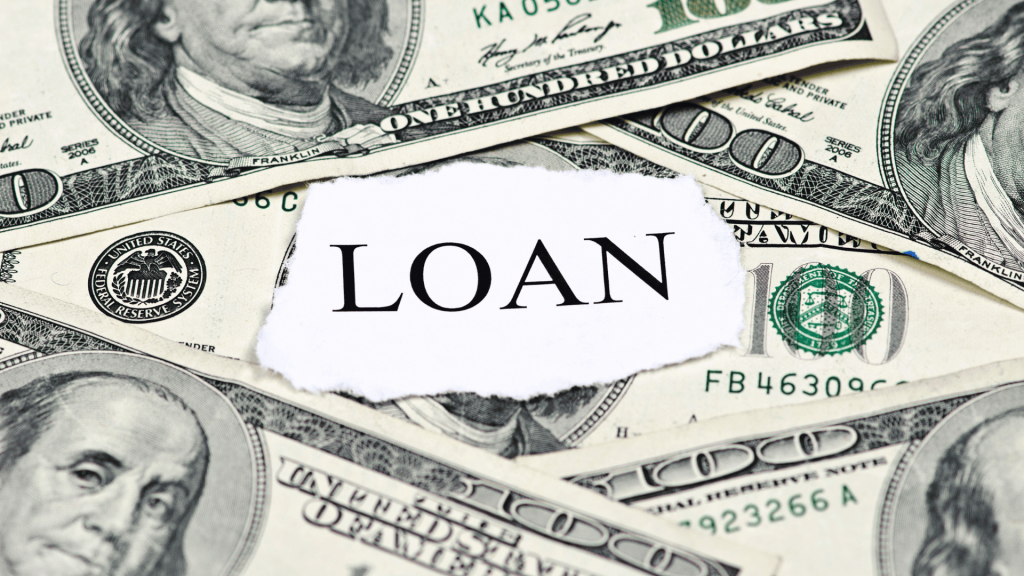It’s payday next week, but the fridge just gave up, the rego’s due, and you’ve already overdrafted once this month. You don’t need a full-blown loan—you just need cash, fast. So you type “quick money no credit check” into Google, and suddenly you’re knee-deep in flashy promises: Instant approval! No paperwork! Cash in minutes!
It all sounds the same—but it’s not. Payday loans, wage advances, and no credit check options are not interchangeable. And the fine print? It’ll cost you if you miss it.
Here’s how to spot the difference, what they mean, and which one’s worth your time when you’re in a bind.

Understand the Problem: These Products Are Exploiting
When you’re in financial stress, it’s not always the amount of money that matters—it’s the timing. A $300 gap between rent and your next pay is enough to unravel things. This is where lenders step in with “solutions” that often trap people in cycles of short-term debt.
The most common hooks?
- Instant approval
- No credit checks
- Bad credit accepted
- No upfront fees (until the interest kicks in later)
But beneath those shiny promises are very different types of financial products, and the outcomes can vary wildly.
1. Payday Loans: Fast Cash, High Consequences
What it is:
Short-term loans, usually under $2,000, are repaid over a few weeks to months. The lender deposits money directly into your bank account—often within 24 hours—and then deducts repayments on your next few paydays.
Who offers them:
- Cash Converters
- Nimble
- Wallet Wizard
- Sunshine Loans
Cost:
Legally capped, but still steep:
- 20% establishment fee (on top of the loan amount)
- 4% monthly fee
- No interest—just flat fees, which often work out worse
Do they check credit? Not always. That’s part of the appeal—and the danger.
What’s the catch?
- Fees stack up fast if you roll the loan over
- Easy to access again and again—people fall into repeat borrowing
- Doesn’t fix the reason you needed cash in the first place
Who regulates them?
They’re classified as Small Amount Credit Contracts (SACCs) and monitored by ASIC, but the rules are loose. Repeat borrowing and “loan stacking” are still common despite tighter 2013 regulations.
2. Advance Wages: Borrow Your Own Money Early
What it is:
A growing wave of fintechs and HR-integrated platforms that let workers access a portion of their earned wages before payday. You’re not borrowing someone else’s money—you’re just getting early access to what you’ve already worked for.
Who offers it:
- Beforepay
- MyPayNow
- Wagepay
- Employment Hero’s Swag app (if your employer’s signed up)
Cost:
Usually a flat fee between 4%–5% per advance.
Do they check credit?
Generally, no, because it’s not technically a loan—it’s a wage advance. That’s how they skirt traditional lending rules.
What’s the catch?
- Can create a rolling dependency—next pay hits, and half of it’s already gone.
- Most charge late fees if you don’t have enough in your account on payday
- Doesn’t build your credit score
How’s it different from payday loans?
- Lower fees (usually)
- No interest compounding
- Doesn’t go on your credit file (unless you default)
Who regulates it?
It’s a legal grey area. ASIC has warned that these platforms may still fall under credit laws in practice, but they currently operate outside the usual lending framework.
3. No Credit Check Loans: Sounds Too Good, Because It Usually Is
What it is:
A broad category covering any lender or platform that doesn’t check your credit history before approving a loan.
This includes:
- Payday lenders
- Certain personal loan providers
- Buy-now-pay-later services (some of them)
Who offers it?
- Sketchy lenders operating on the fringe
- Some mainstream BNPL apps like Afterpay, which often skip credit checks for low limits
Cost:
Varies wildly. Some of these loans are capped by ASIC, some aren’t. But generally, if someone’s offering money with zero checks, they’re charging a premium somewhere—whether through setup fees, sky-high interest, or aggressive penalties.
What’s the catch?
- High likelihood of being targeted by scam lenders
- Risk of identity theft, especially from overseas operators
- Often not regulated under national consumer credit laws
- No accountability or hardship protections
Best avoided unless you’ve exhausted every other avenue.
What’s Safer (and Affordable) When You’re in a Pinch?
No Interest Loans (NILS)
Run by Good Shepherd, this program lets people borrow up to $2,000 for essentials like:
- Car repairs
- Medical costs
- Education
- Appliances
Cost: $0
Credit check: None
Eligibility: Must be on a low income or government support
Centrelink Advance Payments
If you’re receiving payments like JobSeeker, Youth Allowance, or Parenting Payment, you may be eligible for a lump sum advance.
- It’s your own money, paid early.
- Automatically deducted over 13–26 weeks
- Interest-free
Emergency Relief Grants
State governments and non-profits offer urgent financial relief:
- Electricity and gas rebates (NSW Energy Accounts Payment Assistance)
- Food and rent vouchers from local councils or charities like St Vincent de Paul, Anglicare, and The Salvation Army
- Hardship programs through your bank or utility provider (often hidden deep in their websites—look for “Financial Hardship” or “Support Options”)
The Bottom Line: Urgency Shouldn’t Cost You Your Future
In financial stress, speed feels like the most important thing. But it’s not. Cost is.
Payday loans might hand you money quickly, but they often take much more than they give. Wage advances are gentler, but can still trap you in a cycle if you don’t reset. And no credit check options? They’re often a shiny mask for a financial hit job.
If you need money fast:
- Talk to your employer about early access or extra shifts
- Ask your utility provider or telco about flexible payment plans
- Look into free financial counselling (call the National Debt Helpline: 1800 007 007)
- Use NILS if you’re eligible
Borrowing can be a tool—but only if it helps you move forward, not just survive the week.

Founder Dinis Guarda
IntelligentHQ Your New Business Network.
IntelligentHQ is a Business network and an expert source for finance, capital markets and intelligence for thousands of global business professionals, startups, and companies.
We exist at the point of intersection between technology, social media, finance and innovation.
IntelligentHQ leverages innovation and scale of social digital technology, analytics, news, and distribution to create an unparalleled, full digital medium and social business networks spectrum.
IntelligentHQ is working hard, to become a trusted, and indispensable source of business news and analytics, within financial services and its associated supply chains and ecosystems











